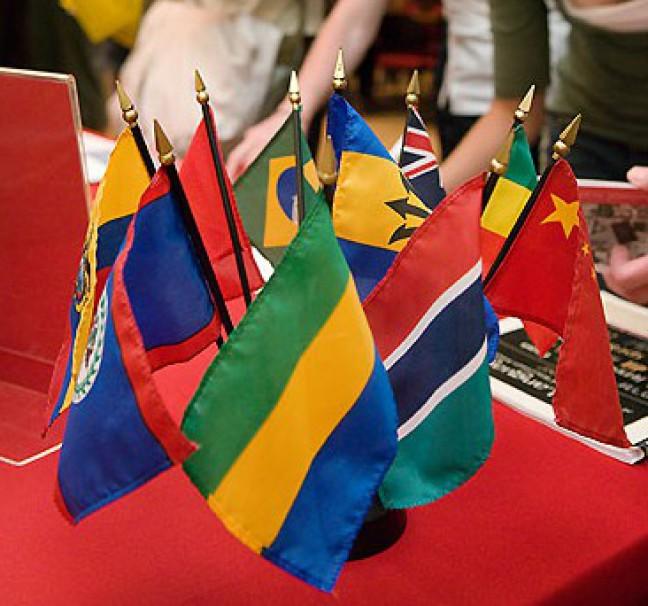With more than 2,000 students who studied in other countries last year, the University of Wisconsin ranked sixth in the nation for participation in study abroad programs by a recent report.
UW’s study abroad program was ranked sixth in the nation for the number of students going abroad by the Open Doors Report on International Educational Exchange, placing it first among all Big Ten schools for study abroad programs. The report, which compiled data from the 2011-2012 academic year, ranked UW fifth among similar institutions for the number of students studying abroad for the academic or calendar year and fourth for semester-long programs.
“The rankings are a testament to UW-Madison’s commitment to international education,” Dan Gold, director of UW’s International Academic Programs said. “Giving our students the skills to successfully navigate within our increasingly interconnected world is of great benefit to students of all majors and interests.”
From 2011-2012, UW students studied in 85 different countries on six continents, working toward a wide variety of majors, the report said. Following a national trend, the most popular countries were Spain, Italy, the United Kingdom, China and France. The majors most commonly represented were social sciences, business and physical and life sciences, according to the report.
Wisconsin’s ranking is up from ninth place for 2010-2011, but Kerry Hill, director of public affairs in the UW Division of International Studies, said there was no major change from the year before to credit with the jump. UW has consistently been very strong in study abroad, he said.
Hill added it is possible the higher ranking reflects a shift in how students value experiences abroad combined with increased efforts from the university to promote international academic program. In a world with increasing globalization, students and the university are realizing that experiences like study abroad can be quite useful, he said.
“I think UW has a general feeling that students need an education for a global environment so study abroad is very actively promoted,” Hill said. “I think students recognize that including international experiences in their education is important for a variety of reasons.”
International Academic Program is always looking to reach more students, Gold said. Currently, 25 percent of students study abroad before graduation, according to the university’s 2012-2013 Data Digest.
Gold said IAP hopes to improve the appeal of studying abroad to students in all financial situations.
He added there is also still a lingering disparity between the number of male and female students studying abroad, as two-thirds of the students that study abroad are women.
“IAP hopes to make study abroad accessible to all UW-Madison students,” Gold said. “As study abroad becomes a more integral part of the student experience at UW-Madison, we hope statistical variations such as [the gender disparity] lessen over time and the statistical snapshot of students abroad mirrors that of campus as a whole.”
The new Global Gateway Scholarship is one effort to address these issues, Gold said. The program will be led by a UW faculty member and send students to a different location relevant to a global issue every year, with all program costs and airfare covered by the scholarship, he said. The first program will take place in summer 2014 with a four week program in Shanghai.
“With this program, a UW-Madison faculty member will direct a group of first and second-year undergraduate students to a different location around the globe,” he said.


